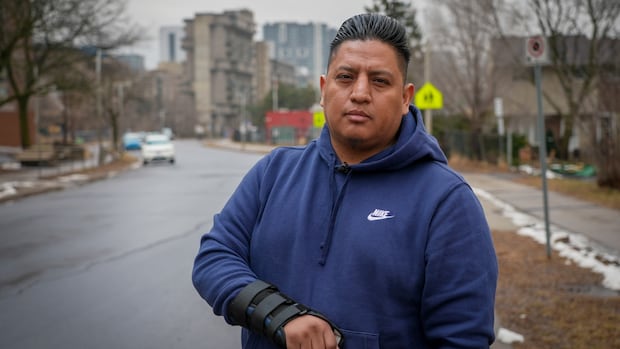Hundreds of thousands of fleeing Gazans sought shelter on Thursday in one of the biggest mass displacements of the war, as Israeli forces advanced into the ruins of the city of Rafah, part of a newly announced "security zone" they intend to seize.
A day after declaring their intention to capture large swaths of the crowded enclave, Israeli forces pushed into the city on Gaza's southern edge, which had served as a last refuge for people fleeing other areas for much of the war.
Gaza's health ministry reported at least 97 people killed in Israeli strikes in the past 24 hours, including at least 20 in an airstrike around dawn in the Shuja'iyya suburb of Gaza City.
Rafah "is gone, it is being wiped out," a father of seven who had fled from Rafah to neighbouring Khan Younis, told Reuters via a chat app.
"They are knocking down what is left standing of houses and property," said the man, who declined to be identified for fear of repercussions.
 Palestinians pray over the bodies of relatives who were killed in an Israeli airstrike on Thursday, at the Baptist Hospital in Gaza City. (Jehad Alshrafi/AP)
Palestinians pray over the bodies of relatives who were killed in an Israeli airstrike on Thursday, at the Baptist Hospital in Gaza City. (Jehad Alshrafi/AP)After a strike killed several people in Khan Younis, Adel Abu Fakher was checking the damage to his tent.
"Is anything left for us? There's nothing left for us. We're being killed while asleep," he said.
The assault to capture Rafah is a major escalation in the war, which Israel restarted last month after effectively abandoning a ceasefire in place since January.
Gazans fear permanent displacementIsrael has not spelled out its long-term aims for the security zone its troops are now seizing. Prime Minister Benjamin Netanyahu said troops were taking an area he called the "Morag Axis," a reference to an abandoned former Israeli settlement once located between Rafah and Khan Younis.
Gazans who had returned to homes in the ruins during the ceasefire have now been ordered to flee communities on the northern and southern edges of the strip.
They fear that Israel's intention is to depopulate those areas indefinitely, leaving many hundreds of thousands of people permanently homeless in one of the poorest and most crowded territories on earth. The security zone includes some of Gaza's last agricultural land and critical water infrastructure.
Since the first phase of the ceasefire expired at the start of March with no agreement to prolong it, Israel has imposed a total blockade on all goods reaching Gaza's 2.3 million residents, recreating what international organizations describe as a humanitarian catastrophe after weeks of relative calm.
Israel's stated goal since the start of the war has been the destruction of the Hamas militant group, which ran Gaza for nearly two decades.
But with no effort made to establish an alternative administration, Hamas-led police returned to the streets during the ceasefire. Fighters still hold 59 dead and living hostages, which Israel says must be handed over to extend the truce. Hamas says it will free them only under a deal that ends the war.
The war began with a Hamas-led attack on Israeli communities on Oct.7, 2023, with gunmen killing 1,200 people and taking more than 250 hostages, according to Israeli tallies. Israel's retaliatory campaign has so far killed more than 50,000 Palestinians, Gaza health authorities say.
Israeli leaders say they have been encouraged by signs of protest in Gaza against Hamas, with hundreds of people demonstrating in northern Gaza's Beit Lahiya on Wednesday opposing the war and demanding Hamas quit power. Hamas calls the protesters collaborators and says Israel is behind them.
Most of Rafah's residents ordered to evacuateRafah residents said most of the local population had followed Israel's order to leave, as Israeli strikes toppled buildings there. But a strike on the main road between Khan Younis and Rafah stopped most movement between the two cities.
Movement of people and traffic along the western coastal road near Morag was also limited by bombardment, said residents.
"Others stayed because they don't know where to go, or got fed up of being displaced several times. We are afraid they might be killed or at best detained," said Basem, a resident of Rafah who declined to give a second name.
WATCH | Continued Israeli attacks lead some aid agencies to reduce their footprint:Israeli airstrikes in Gaza damaged Nasser Hospital and killed at least 65 people in a 24-hour period, Palestinian health authorities said. The continued attacks have led some aid agencies to reduce their footprint in the region.Markets have emptied and prices for basic necessities have soared under Israel's total blockade of food, medicine and fuel.
The Palestinian Health Ministry, which is based in the Israeli-occupied West Bank but has nominal authority over hospitals in Gaza, said Gaza's entire health-care system was at risk of collapse.













